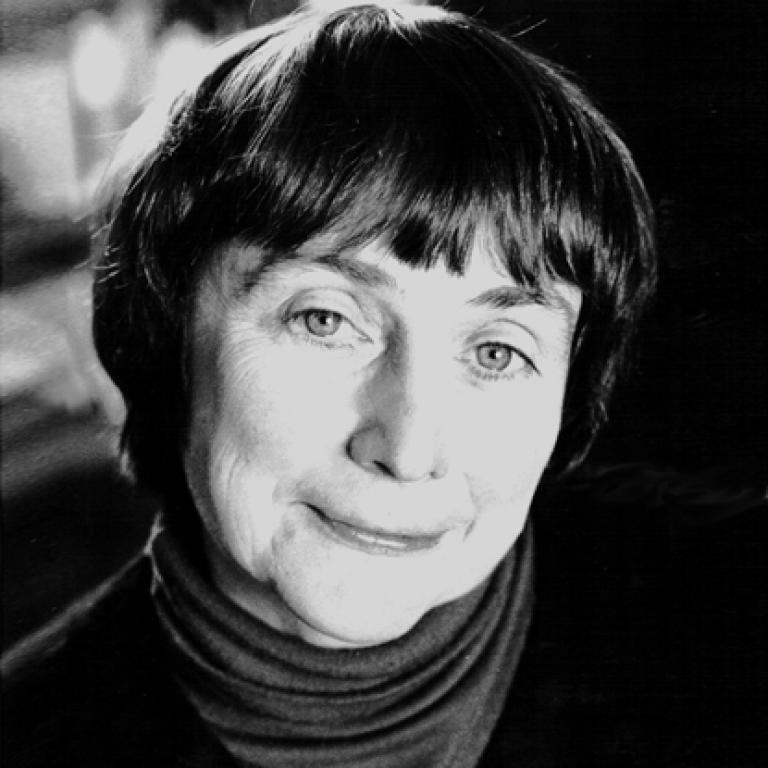Judges
This article on the T. S. Eliot Prize was first published on the Poetry Book Society website in 2009. The judges for the T. S. Eliot Prize, now in its seventeenth year, will be Simon Armitage (Chair), Colette Bryce and Penelope Shuttle. The Prize, which has been described as...
This article on the T. S. Eliot Prize was first published on the Poetry Book Society website in 2007. Please note that although it was announced that U. A. Fanthorpe would chair the 2007 judges panel, Peter Porter would ultimately chair this year of the Prize. The Poetry Book...
This article on the T. S. Eliot Prize was first published on the Poetry Book Society website in 2006. The Poetry Book Society is delighted to announce the judges for the T. S. Eliot Prize for Poetry 2006, sponsored by Five. Sean O’Brien will serve as Chair of the...

